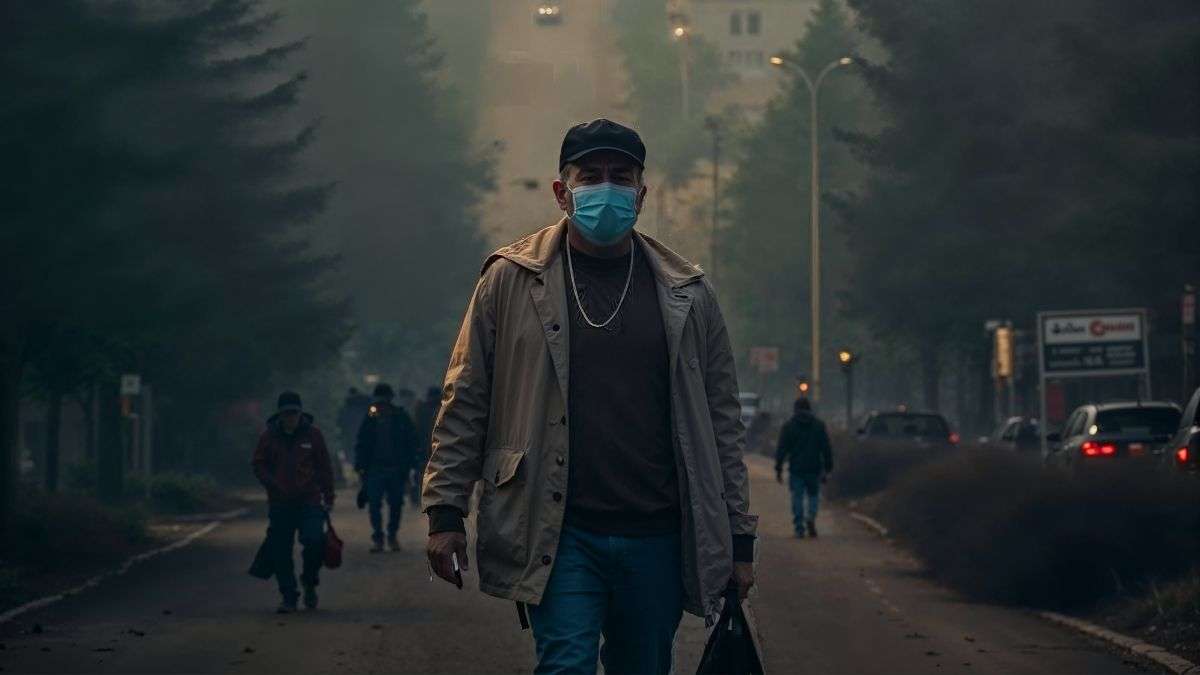
India's Air Pollution: A Growing Health Crisis
India's air pollution has emerged as a critical health concern, likened to the effects of tobacco smoke. Each winter, cities like Delhi, Gurgaon, and Kolkata are engulfed in smog, causing discomfort and serious health risks. As people step outside, they experience irritation in their throats and heaviness in their chests due to the toxic air. This seasonal phenomenon is more than just an annoyance; it poses a silent epidemic that threatens lung health.
Doctors are increasingly warning that the polluted air we breathe behaves alarmingly like tobacco smoke. It compromises lung function, weakens natural defenses, and creates the perfect breeding ground for infections, especially pneumonia. Vulnerable populations, including children, older adults, and those with pre-existing conditions like asthma or COPD, are at heightened risk. As pollution levels rise, pneumonia cases spike, particularly during the winter months when smog is most prevalent.
The main culprits are fine particulate matter, specifically PM2.5 and PM10, which can penetrate deep into the lungs and even enter the bloodstream. Exposure to these particles triggers inflammation and suppresses the immune system, making it increasingly difficult for the body to fend off infections. Over time, this chronic exposure can lead to severe health issues, including chronic obstructive pulmonary disease (COPD) and other lung complications.
Hospitals across polluted cities report a consistent increase in pneumonia cases each winter, highlighting the urgent need for awareness and action. Children, whose lungs are still developing, are particularly vulnerable as polluted air stunts their growth. Adults face the risk of long-term lung damage, chronic inflammation, and premature aging of lung tissue.
Experts stress that while wearing masks and using air purifiers can provide some level of protection, these are merely temporary fixes. Real change requires systemic reforms, including cleaner transportation, stricter industrial regulations, and comprehensive environmental policies. Air pollution is not just a seasonal nuisance; it is a growing health crisis that demands immediate attention.
As air quality continues to deteriorate, individuals and communities must take proactive steps to safeguard their health. Staying indoors during high pollution days, keeping updated with vaccinations, and consuming antioxidant-rich foods can help mitigate the effects. However, unless significant action is taken, India faces a future where pneumonia becomes a common consequence of simply breathing.










